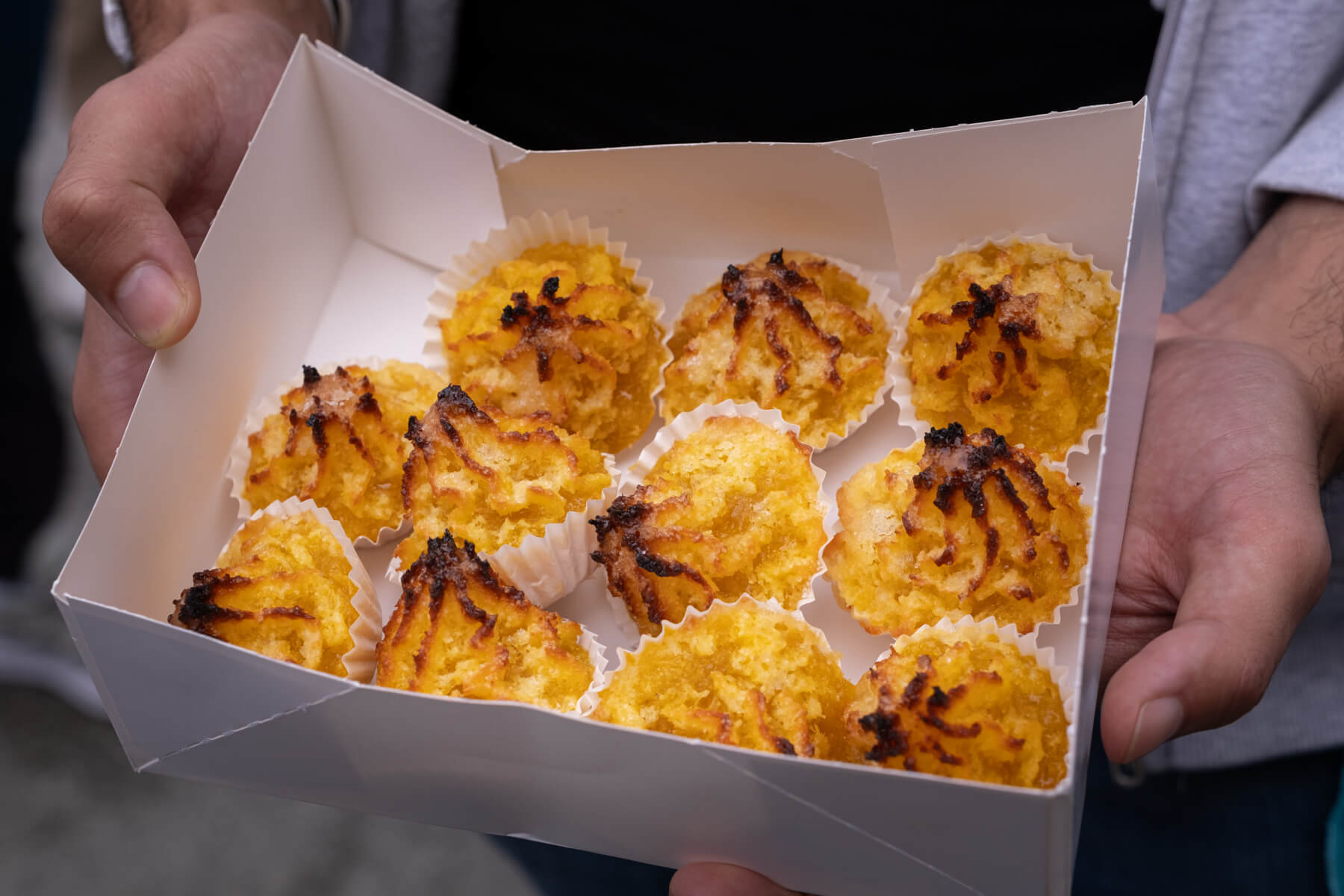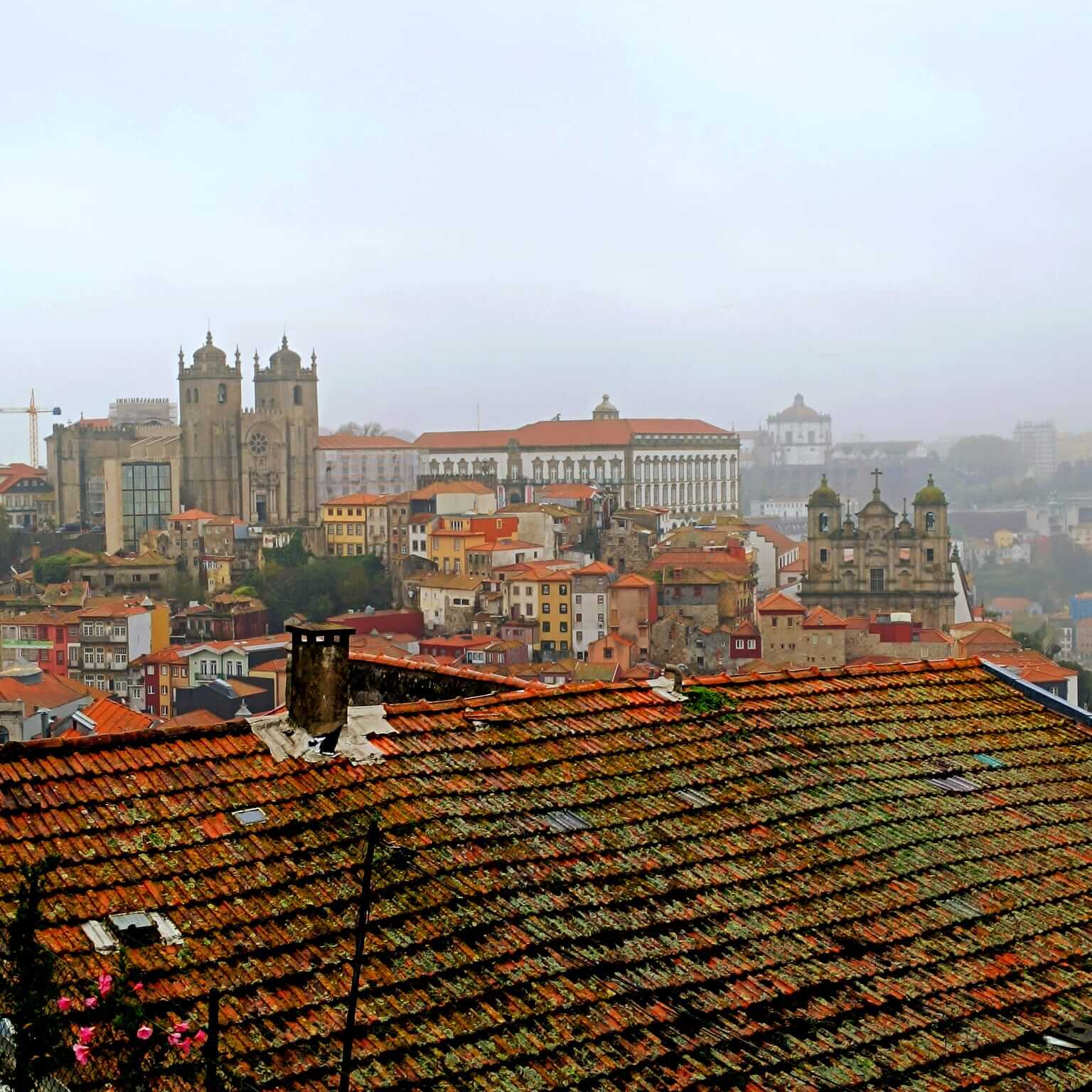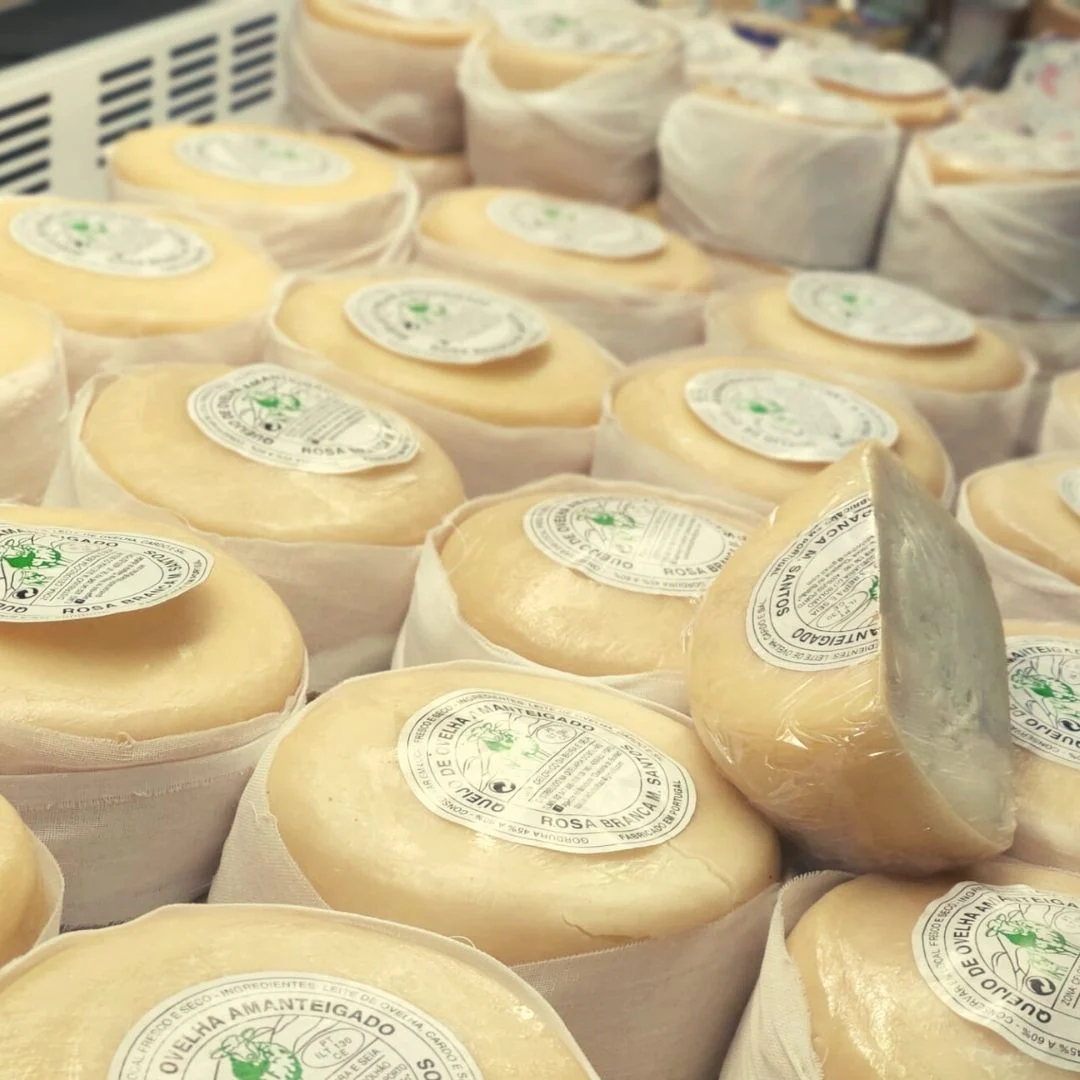
The Portuguese hold a special place in their hearts for coffee. In fact, this beverage is so deeply ingrained in our culture that, when suggesting going out, Portuguese often say “Wanna go out for a coffee?” – and end up enjoying a different beverage instead. “Going out for coffee” is simply an excuse to sit at a terrace or café, relax, chat or enjoy a good book. Join the longest-running Food Tour in town and we’ll tell you more about the coffee culture in Porto.
Coffee: A Historical Review
Coffee’s origin is a subject of scholarly debate, with Ethiopia, Kenya and Yemen among the proposed birthplaces. However, the word “coffee” itself stems from an Arabic term meaning “lack of hunger,” solidifying its reputation as a genuine energizing drink.
It is believed that the first European café opened in Venice in 1570, followed by Rome in 1645 and Oxford in 1650. In Paris, after an initial attempt in 1672, an Italian named Procopiò Cutò opened Café Procope in 1686. This café became famous for attracting notable personalities and has continued to operate to this day.
Coffee in Porto: More Than a Beverage
Lisbon was the first city in Portugal to have a café but the exact details of how coffee came to Portugal are not fully documented. The prevailing belief is that European merchants introduced this stimulating elixir to the country during the 18th century. Evidence of its consumption can be traced back to as early as 1786 when the Portuguese Abbot of Jazente mentioned the tasting of coffee in one of his verses.
In the vibrant city of Porto, the emergence of “botequins” near the Ribeira area marked the early precursors to cafés – “botequins” were an enchanting fusion of coffee houses, breweries and bars. As the city expanded, the Baixa district transformed into a bustling hub of café culture. Praça de D. Pedro, for instance, became the epicenter of economic, social and political life, adorned by notable cafés, such as Porto Clube, Europa and Internacional.
According to the insightful words of Aquilino Ribeiro, an esteemed Portuguese novelist of the 20th century: “That new square [current Praça da Liberdade] served as a true university, not only for Porto but for the entire country, as it was there that the architects of the Republic were shaped”.
The author’s reference to the Liberal Revolution of 1820 implies that Liberalism did not arise abruptly during that period but rather evolved through centuries of gradual development. The catalysts were the merchants who embarked on voyages to Flanders, England and Northern Europe, returning with revolutionary concepts and fresh political ideologies. These very notions and ideologies found fertile ground within the bustling café culture, where ideas were passionately exchanged and vigorously debated.
Eça de Queirós, another celebrated Portuguese writer, shared a similar viewpoint, proclaiming that it was “coffee, more so than the encyclopedia, that fueled the great revolution.”

Cafés in Porto
César Santos Silva, in his book “Cafés do Porto”, dives into the vibrant world of cafés in the Invicta city, exploring their profound cultural and intellectual significance. The author paints a vivid picture of Porto’s cafés as lively meeting spots, where people come together to relax, have discussions and savor the pleasures of a steaming cup of coffee. According to this author, no other city in the country has been as deeply influenced by the café culture as Porto. From the early 19th century until the 1970s, cafés served as multi-purpose havens:
- They operated as “clandestine casinos”, offering billiards and card games to those seeking a thrilling escape;
- Literary enthusiasts flocked to these establishments, transforming them into vibrant hubs of intellectual discourse;
- For businessmen, cafés became essential gathering spots, providing a conducive environment for important meetings and negotiations;
- People engaged in political conversations within the café walls, often whispering in hushed voices to evade the watchful ears of the secret police;
- And, of course, cafés provided a welcoming space for simple socialization, where individuals could connect and forge new friendships.
According to Agustina Bessa-Luís, one of the brightest Portuguese writers of her generation: “There were cafes, like Ceuta, where intellectuals met; the Imperial, where business was conducted; and A Brasileira, where politics were discussed, which was known as the smallest Republic in the world.”
Cafés: a portuguese’s second home
During this golden period of cafés in Porto, notable establishments thrived: Chave D’Ouro, Excelsior, Majestic, Sport, Astória, Guarany, Imperial, Suisso, Monumental and Palladium – to name a few. Older generations still fondly remember these places, perhaps unaware at the time of how happy they were there.
As the 1950s rolled in, cafés may have lost some of their former luxury. But their indelible mark on the city remained. César Santos Silva concludes: “Without cafés, Porto would be something else. We don’t quite know what, but it would undoubtedly be much poorer and lacking such a strong and distinctive identity.”
Coffee Types in Porto
Despite its strong relation with coffee, Portugal doesn’t actually grow coffee beans, except for a small village on S. Jorge Island in the Azores, where a local resident runs a tiny plantation. This makes it possibly the only coffee plantation in Europe, alongside the one in Agaete, in the Canary Islands. Although Portugal doesn’t grow coffee, it still offers a delightful range of coffee options. Whether you prefer sipping a traditional espresso, indulging in a milky Galão, or enjoying a leisurely coffee break at a local café, there’s something to suit every taste. Let’s dive in!
Café Longo
For a milder flavor and a larger serving, Café Longo is your go-to. This coffee is brewed by letting the espresso machine extract a longer shot of coffee. It’s perfect for those who prefer a less intense coffee experience. To truly embrace the local vibe, order your coffee in a “chávena quente” (hot cup).
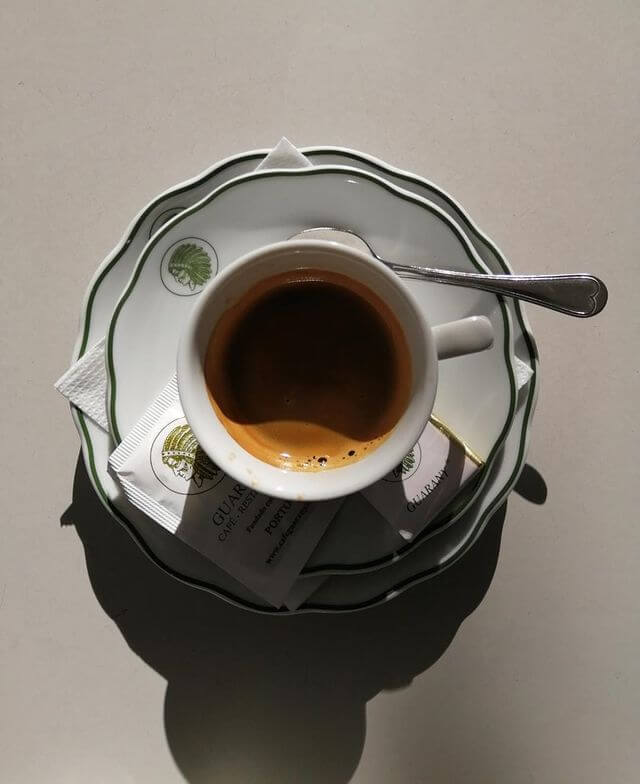
Café Curto
If you crave a bold and intense flavor, Café Curto is the way to go. People in Portugal often enjoy this coffee multiple times a day, similar to shots, to keep themselves energized. Check our Ultimate Guide to Sweet Portuguese Pastries to enhance your coffee in Porto experience.
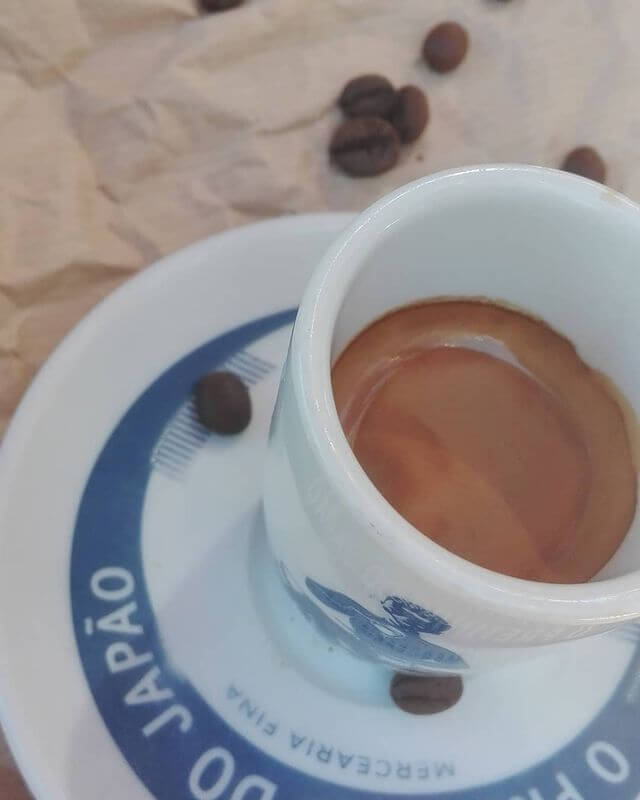
Pingo
Looking for a bolder and creamier coffee experience? Pingo is the answer. It involves pouring a generous amount of milk over the espresso, creating a delightful fusion of flavors.
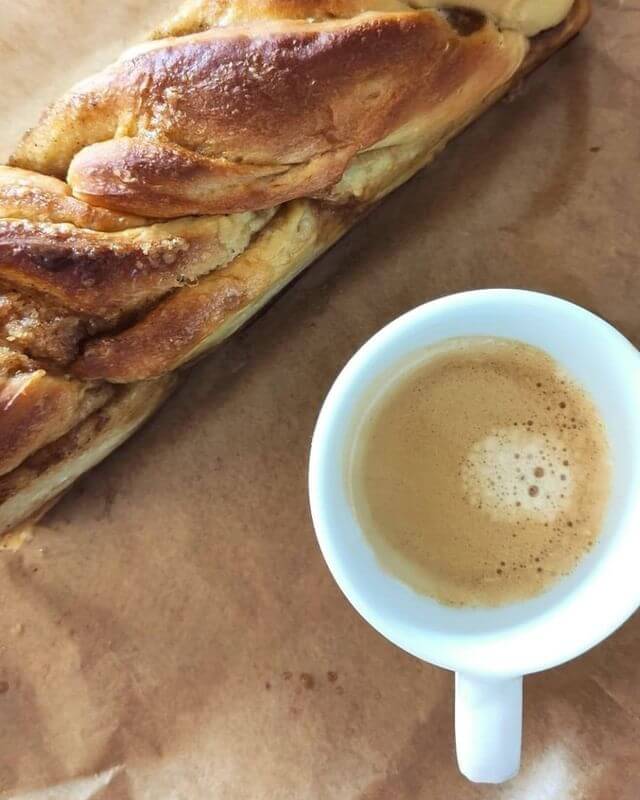
Galão
Galão is a popular choice, especially in the morning or around 4 PM, accompanied by tasty treats like cakes. It consists of a shot of espresso topped with steamed milk, resulting in a smooth and velvety texture. When serving Galão, it is common to use a tall glass, which enables you to savor each sip. If you prefer a milder flavor, you can opt for Galão Claro, which offers a lighter variation of the traditional Galão. This involves increasing the milk-to-espresso ratio, resulting in a more delicate and milky taste.
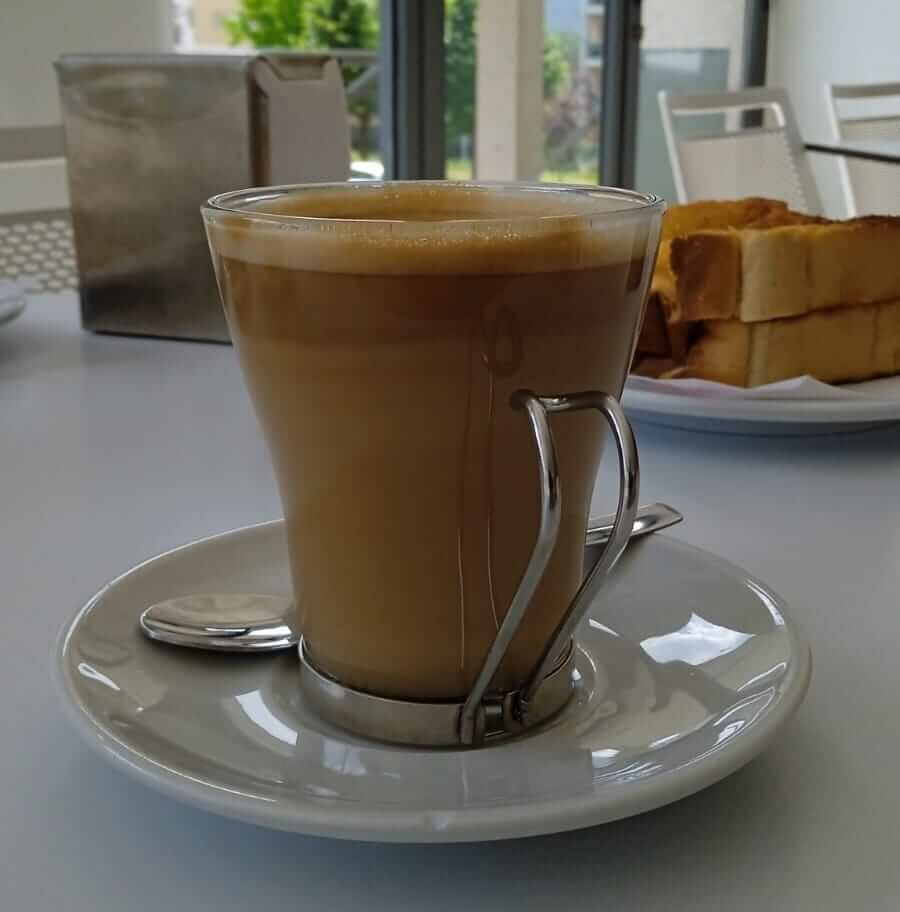
Meia de Leite
Meia de Leite is the Portuguese equivalent of café latte. It combines equal parts milk and coffee. If you’re after a stronger flavor, opt for “uma meia de leite escura” for a bolder cup.
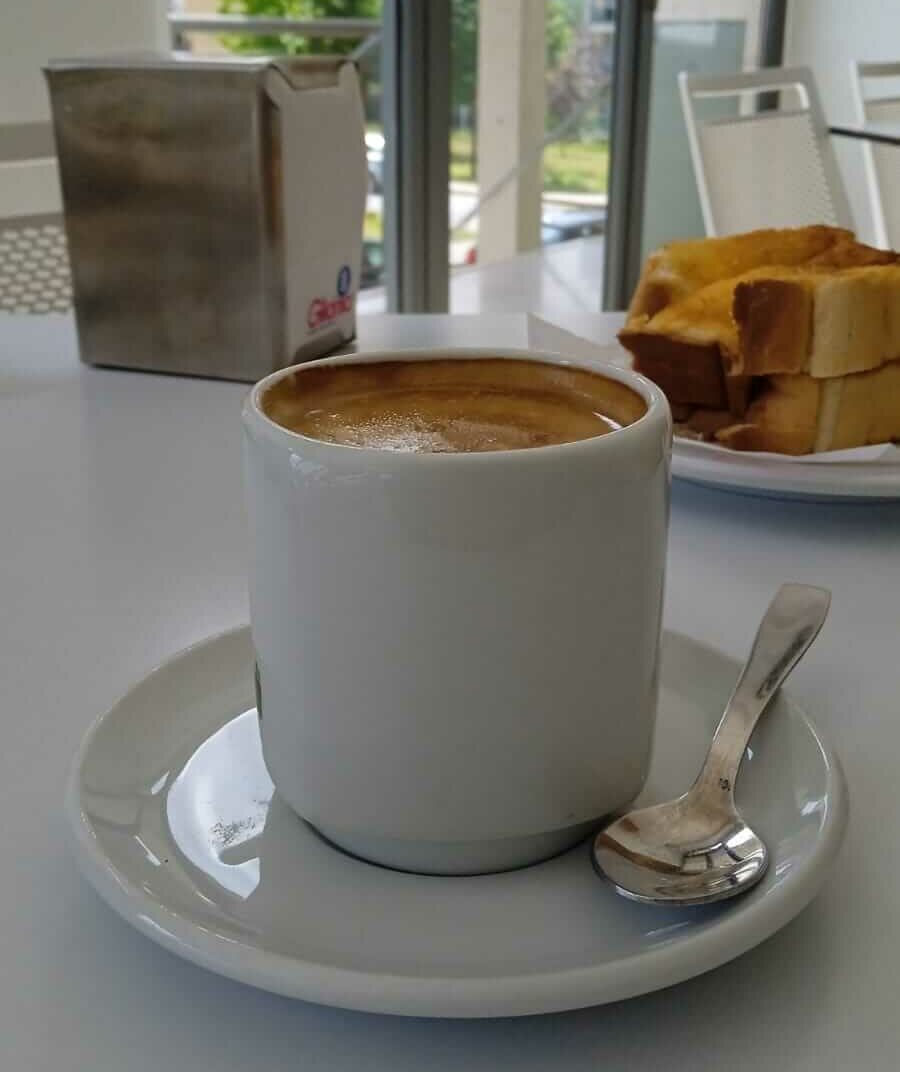
Café com Cheirinho
For an aromatic twist, try Café com Cheirinho. This coffee features a drop of brandy or aguardente, adding a delightful scent to your cup of joe.
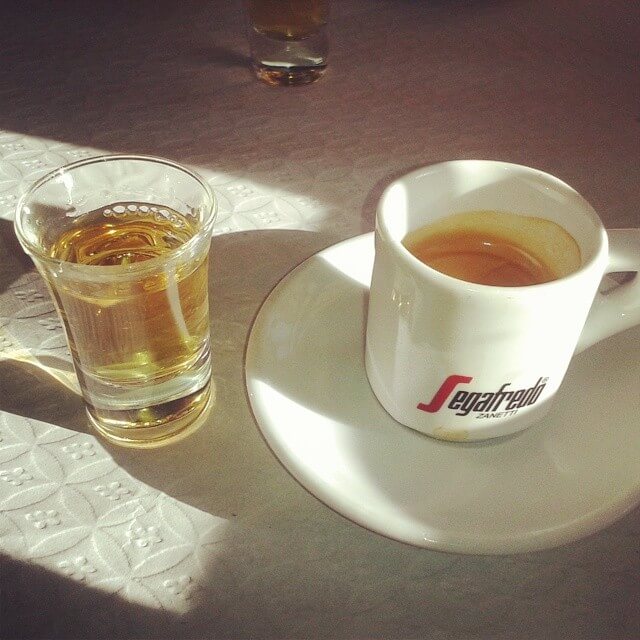
Carioca de Café
And for those rare folks who don’t drink coffee, fear not. You can order a warm drink called Carioca de Café. It’s served in the same cups as coffee, so you won’t feel left out of the coffee-drinking social importance.
How to Order Coffee in Porto
When visiting Portugal, it’s time to forget about ordering a caffe latte and embrace the delightful Meia de Leite instead. If you’re in need of a decaf, don’t hesitate to request a Carioca de Café. And to round off your meal perfectly, indulge in a satisfying Café com Cheirinho.
“Café” is universally understood, but Porto has its own unique name for espresso. When in Porto, simply ask for a cimbalino to get your dose of espresso goodness. But if you happen to find yourself in Lisbon, go ahead and order a bica instead. Despite the difference in terms, rest assured that your coffee love will be well understood in both cities.
Where to Have Coffee in Porto
Porto’s cafés are renowned for their warm and traditional atmosphere, often preserving historical and architectural elements from decades past. Furthermore, exploring the cafés in Porto is a fantastic way to immerse yourself in the city’s culture – and experience its unique charm. For recommendations on where to enjoy a cup of coffee in Porto, join the city’s longest-running Food Tour. Our expert tour guide will take you on a journey through the city’s culinary landscape. It’s a chance to connect with the heart and soul of Porto, one bite at a time.
We look forward to sharing Porto’s food secrets with you,
Taste Porto Team
